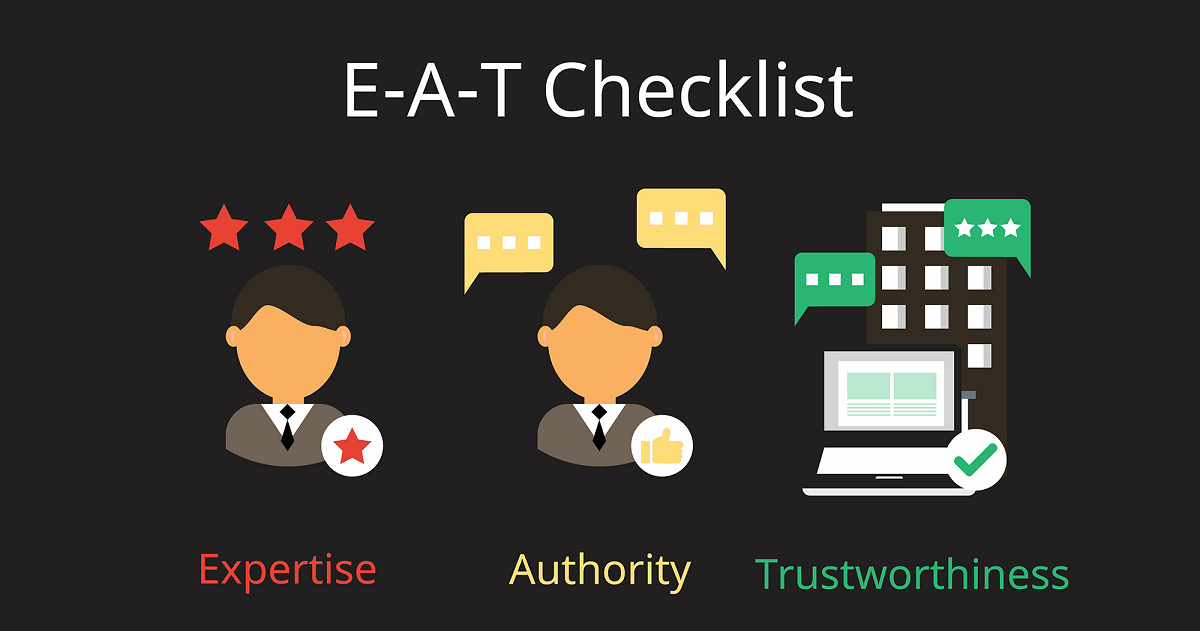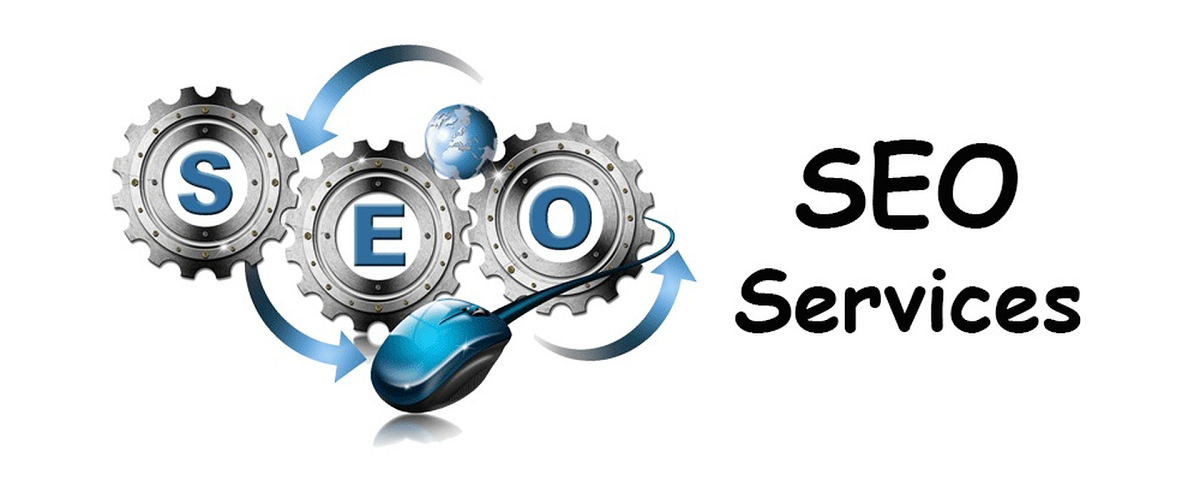BLOG
Content Optimization: A Key To SEO Success

In the ever-evolving landscape of digital marketing, the phrase "Content is King" has become a mantra, underscoring the pivotal role that well-crafted, strategic content plays in online success. However, the monarchy of content isn't complete without its loyal companion – Content Optimization. In the vast realm of Search Engine Optimization (SEO), content optimization emerges as a powerful ally, wielding the potential to propel websites to the forefront of search engine rankings.
At its core, content optimization is the meticulous art of fine-tuning digital content to align with search engine algorithms, making it more appealing and relevant to both users and the algorithms that dictate online visibility. This blog will delve into the nuances of Content Optimization, unveiling its significance as a key determinant of SEO success.
As we embark on this journey, we'll unravel the layers of content optimization, understanding its components, exploring its impact on search engine rankings, and dissecting the strategies that turn content into a formidable force in the online arena. From the strategic integration of keywords to the creation of high-quality, engaging content, we will navigate through the intricacies that define effective content optimization.
Join us as we explore the tools and resources that empower digital marketers and content creators, shedding light on the evolving trends that shape the future of content optimization. Together, we'll embark on a quest to decipher the metrics, overcome challenges, and unlock the secrets to harnessing the full potential of content optimization for enduring SEO success.
Understanding Content Optimization
Understanding content optimization is crucial for any business or individual looking to succeed in the digital landscape. Content optimization involves the strategic refinement of online content to enhance its visibility and relevance to search engines, ultimately improving its ranking in search results. This process is integral to search engine optimization (SEO) and directly impacts a website's organic traffic and overall online presence.
At its core, content optimization encompasses various elements, with keyword research being a fundamental aspect. By identifying and integrating relevant keywords naturally into the content, websites can align themselves with user search queries, increasing the likelihood of appearing in search engine results pages (SERPs). This not only improves visibility but also ensures that the content serves the user's intent effectively.
Quality content creation is another vital component of content optimization. Beyond keywords, search engines prioritize content that is informative, engaging, and valuable to users. Well-crafted content not only attracts visitors but also encourages longer dwell times, lower bounce rates, and increased social sharing—factors that search engines consider when determining the relevance and authority of a page.
Moreover, user-friendly formatting is key to optimizing content. Mobile optimization, easy readability, and scannability contribute to a positive user experience, aligning with the preferences of modern online audiences.
In essence, understanding content optimization involves a holistic approach to create content that not only appeals to search engines but also meets the needs and expectations of the target audience. It's a dynamic process that evolves with search engine algorithms and user behaviors, making continuous learning and adaptation essential for sustained success in the digital realm.
Tools And Resources For Content Optimization
- SEO Analysis Tools:
- Google Analytics: Provides detailed statistics and analytics of website traffic.
- SEMrush: Offers insights into competitors' strategies, keyword research, and backlink analysis.
- Keyword Research Tools:
- Ahrefs: Known for its comprehensive backlink analysis, it also provides powerful keyword research features.
- Moz Keyword Explorer: Helps in discovering and prioritizing the best keywords to target.
- Content Management Systems (CMS):
- WordPress: A popular and user-friendly CMS with numerous plugins for SEO optimization.
- Drupal: Known for its flexibility, Drupal allows for extensive customization and optimization.
- On-Page SEO Tools:
- Yoast SEO (WordPress Plugin): Assists in optimizing on-page content, meta titles, and meta descriptions.
- Screaming Frog SEO Spider: Crawls websites and provides valuable insights for on-page optimization.
- Social Media Platforms:
- Hootsuite: Allows for social media scheduling and monitoring, contributing to content visibility.
- Buffer: Helps in managing and scheduling social media posts for optimal engagement.
- Multimedia Optimization Tools:
- Canva: For creating visually appealing graphics and images.
- Adobe Spark: Useful for creating engaging videos and visual content.
- Mobile Optimization:
- Google's Mobile-Friendly Test: Checks if a website is mobile-friendly and suggests improvements.
- Responsive Design Checker: Ensures your content looks good on various devices.
- Content Collaboration and Planning:
- Trello: Helps in planning and organizing content creation workflows.
- Asana: A project management tool that facilitates collaboration on content creation projects.
- AI-Powered Tools:
- MarketMuse: Utilizes AI to analyze content and suggest improvements for better SEO.
- Grammarly: Assists in proofreading and improving the overall quality of content.
- Backlink Analysis Tools:
- Majestic SEO: Focuses on backlink analysis and provides insights into link-building opportunities.
- Open Site Explorer by Moz: Helps in understanding a website's backlink profile.
Remember that the effectiveness of these tools can vary depending on your specific needs and the nature of your content. Regularly assessing and adjusting your toolkit based on your evolving requirements is essential for successful content optimization.
Measuring Success: Metrics And Analytics
A. Key Performance Indicators (KPIs)
- Organic Traffic: Track the number of visitors coming to your website through search engines. A consistent increase indicates effective content optimization.
- Keyword Rankings: Monitor the positions of your targeted keywords in search engine results. Rising rankings signify improved visibility.
- Click-Through Rate (CTR): Evaluate the percentage of users clicking on your content when it appears in search results. A higher CTR indicates compelling and relevant content.
- Bounce Rate: Assess the percentage of visitors who navigate away from your site after viewing only one page. A lower bounce rate suggests engaging content that retains user interest.
- Conversion Rate: Measure the proportion of website visitors who take a desired action, such as making a purchase or filling out a form. A higher conversion rate signifies effective content in guiding user actions.
- Time on Page: Analyze the average time users spend on your pages. Longer durations often indicate valuable and informative content.
- Backlinks: Monitor the number and quality of websites linking to your content. High-quality backlinks contribute to better search engine rankings.
B. Regular Monitoring and Adjustments
- Periodic Audits: Conduct regular content audits to identify areas for improvement and ensure consistency with SEO goals.
- A/B Testing: Experiment with variations in content to understand what resonates best with your audience. Test different headlines, layouts, or calls to action to optimize for user engagement.
- User Behavior Analysis: Use heatmaps, session recordings, and user journey analysis to understand how visitors interact with your content. This insight can guide adjustments for a better user experience.
C. Case Studies of Improved SEO Performance through Content Optimization
- Showcase specific examples of businesses or websites that implemented successful content optimization strategies and experienced positive outcomes in terms of increased traffic, rankings, and conversions.
- Discuss the lessons learned from these case studies and how similar principles can be applied to diverse industries and content types.
By focusing on these metrics and analytics, you can gain a comprehensive understanding of the impact of content optimization on your SEO efforts and make data-driven decisions to continually enhance your online presence.
Future Of Content Optimization
A. Predictions and Emerging Trends
As technology continues to evolve, the future of content optimization holds exciting possibilities. Here are some key predictions and emerging trends that are likely to shape the landscape:
- Semantic SEO and Natural Language Processing (NLP):
- Search engines are increasingly focusing on understanding the context and meaning behind user queries. Semantic SEO, aided by advancements in NLP, will become crucial. Content creators will need to prioritize producing natural, contextually relevant content that aligns with user intent.
- AI-Driven Content Creation:
- The integration of artificial intelligence (AI) in content creation is set to transform the way we generate and optimize content. AI tools can analyze vast amounts of data to identify trends, user preferences, and create personalized content. This not only enhances efficiency but also improves content relevance for target audiences.
- User Experience (UX) Signals in Ranking:
- Search engines are likely to give more weight to UX signals in their ranking algorithms. Factors such as page load speed, mobile responsiveness, and overall user satisfaction will play a significant role in determining search rankings. Content creators will need to focus on creating seamless and enjoyable experiences for users.
- Visual and Voice Search Optimization:
- With the increasing prevalence of visual and voice search, content optimization strategies will need to adapt. Image and video optimization, along with the use of structured data for voice search, will become essential. Content creators should optimize their multimedia content to align with these evolving search trends.
- E-A-T (Expertise, Authoritativeness, Trustworthiness) Integration:
- Search engines are expected to further emphasize E-A-T principles. Content from authoritative sources and experts in their respective fields is likely to be prioritized. Establishing trust through transparent and reliable content will continue to be a focal point for effective content optimization.
B. The Role of Artificial Intelligence in Content Optimization
- Content Personalization:
- AI algorithms will enable highly personalized content experiences based on user behavior, preferences, and demographics. Dynamic content that adapts to individual user needs will enhance engagement and satisfaction.
- Predictive Analytics for SEO:
- AI-driven predictive analytics will help marketers anticipate changes in user behavior and search engine algorithms. This proactive approach will allow for timely adjustments to content strategies, ensuring continued optimization.
- Automated Content Testing and Optimization:
- AI tools will facilitate automated testing of different content variations to determine the most effective elements. This includes headline testing, layout optimization, and even real-time adjustments based on user interactions.
C. Continuous Adaptation to Search Engine Algorithm Updates
- Agile SEO Strategies:
- As search engine algorithms evolve, content optimization strategies will need to be agile. Marketers should adopt flexible approaches that allow for quick adaptation to algorithm changes, ensuring continued visibility and success in search rankings.
- Education and Skill Development:
- Staying ahead in content optimization requires ongoing education and skill development. Marketers and content creators should prioritize staying informed about the latest SEO trends, algorithm updates, and emerging technologies to remain effective in their optimization efforts.
- Collaboration Between SEO and Content Teams:
- The future will see even closer collaboration between SEO specialists and content creators. Aligning SEO goals with content creation strategies will be essential for achieving optimal results in search engine rankings.
In the ever-evolving landscape of digital marketing, the role of content optimization in achieving SEO success cannot be overstated. As we've explored the intricacies of content optimization, from the fundamental principles to emerging trends, it's evident that staying ahead requires adaptability, innovation, and a commitment to delivering value to the audience.
The future of content optimization holds exciting prospects, with artificial intelligence shaping personalized content experiences, predictive analytics guiding SEO strategies, and the continuous need for agile approaches to adapt to evolving search engine algorithms. The importance of user experience, E-A-T principles, and the integration of visual and voice search optimization further emphasize the dynamic nature of SEO and content creation.











